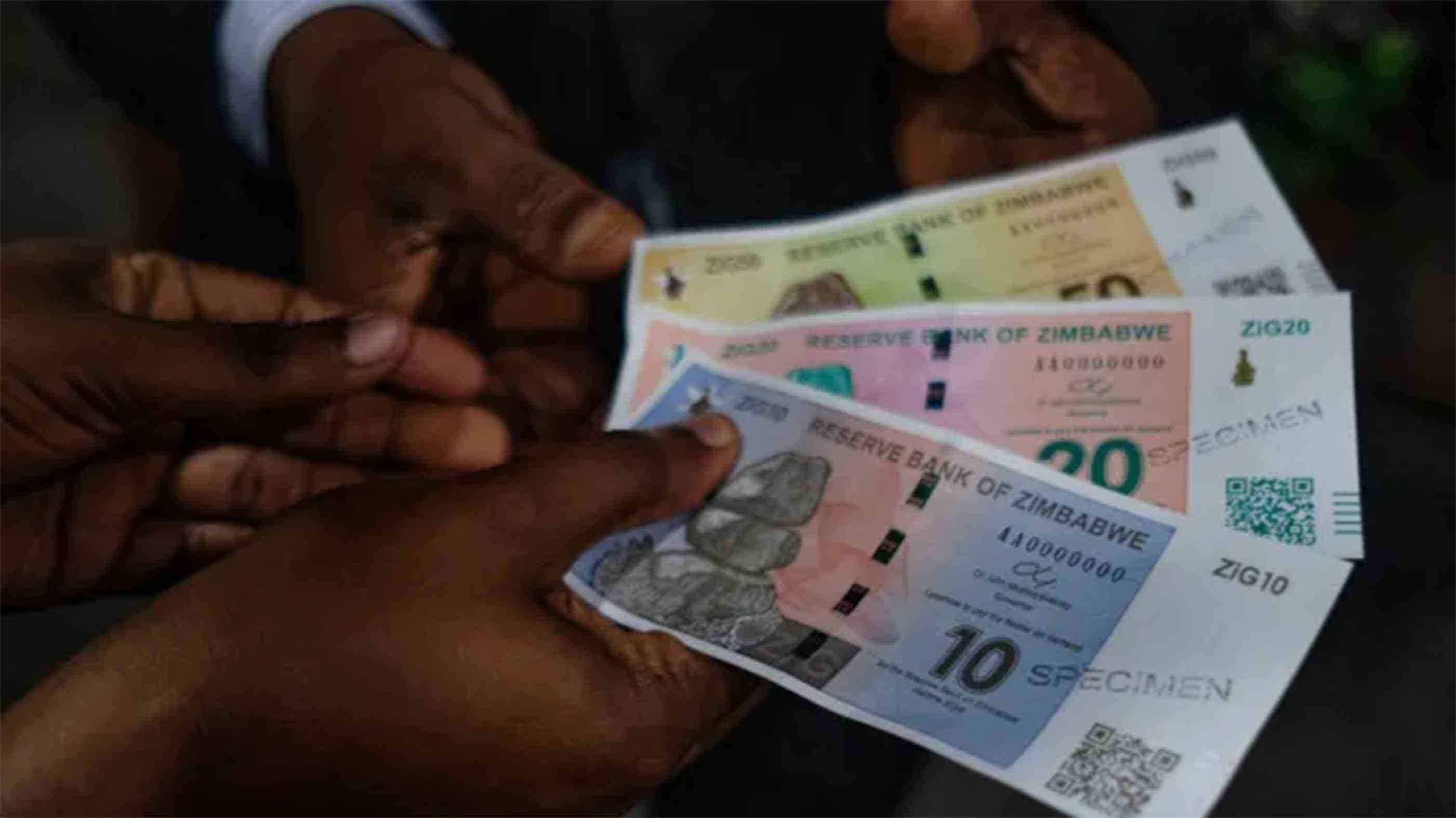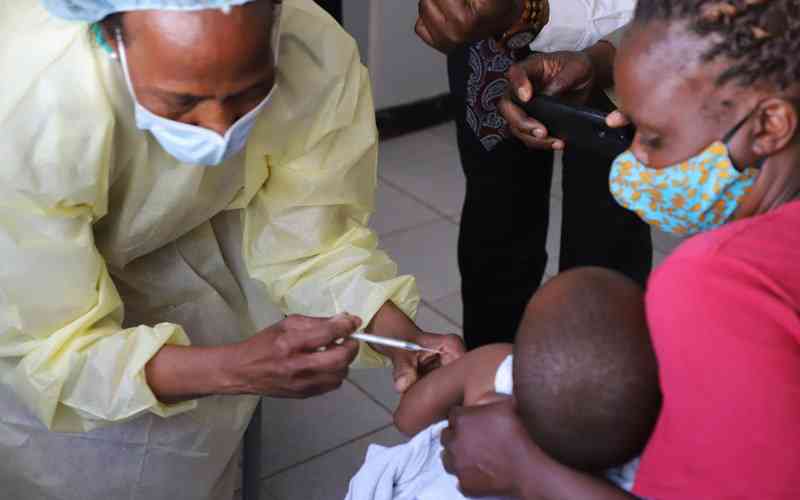
THERE is always a surreal feeling when someone shows you a sneak peek of the future. They paint the best picture of what they can promise, but that future is always coloured by what they can deliver now to be acceptable. This is Finance minister Mthuli Ncube’s dilemma on the 2022 National Budget and the nation is waiting.
The nation was advised on Tuesday that Ncube had presented two important financial policy papers before Cabinet and they had been accepted.
In other words, Ncube convinced President Emmerson Mnangagwa’s Cabinet on the economic trajectory the country is taking.
Ncube presented before Cabinet the 2021 Mid-Term Fiscal Policy paper and the Budget Strategy Paper for 2022, which were approved.
It is important to explain what these papers are in the first place. The Mid-Term Fiscal Policy relates to how the national budget would have performed in the first half of the financial year.
It shows whether expenditure was kept in check and if revenues were above or below expectation.
On the other hand, a budget strategy paper is part of the annual budget preparatory process issued in order for stakeholders to understand macro-fiscal issues that will guide prioritisation of budget allocations in the following financial year.
As for the Mid-Term Fiscal Policy, Ncube will make a presentation in Parliament next Thursday. It is now common knowledge that the Zimbabwe Revenue Authority has surpassed its revenue target in the first half, while Ncube has maintained a tight leash on the expenditure side.
- Chamisa under fire over US$120K donation
- Mavhunga puts DeMbare into Chibuku quarterfinals
- Pension funds bet on Cabora Bassa oilfields
- Councils defy govt fire tender directive
Keep Reading
In cash budgeting, this scenario gives rise to what is called budget surplus.
However, this can be misleading in a country that has debts, and in some instances, many unfinished infrastructural projects or unfulfilled promises like cash transfers for the vulnerable families.
The nation is waiting to hear about the “surplus” and where it would be deployed. It may seem an easy task, but this would test the credibility of the Mnangagwa administration.
What is surplus if it cannot hire teachers? What is surplus if government schools have no furniture? What is surplus if clinics and hospitals have empty dispensary shelves? What is surplus when roads are dirty? And what is surplus if people cannot have access to potable water in urban areas?
It is high time that as a country we move away from the quantitative to qualitative way of looking at economics. We should not be fixated with growth figures, but what they mean to the individual lives of its citizens.
We should be looking at how economic growth translates into citizens accessing primary healthcare, basic and tertiary education, transport and communication, potable water and the quality of jobs they work in. How does the economic growth translate into better and affordable housing for the working people?
This is a debate Ncube, a Chicago Boy school of economics, will not engage in. He is fixated with numbers, the performance of the stock exchanges and a balanced budget.
Ncube, as usual, projects that the Zimbabwean economy will grow by 5,4% in 2022, anchored on growth in the mining, manufacturing and electricity generation sectors, among others.
He expects revenue to improve from 16,4% ($390,8 billion) of the gross domestic product (GDP) in 2021 to 17,8% ($533,2 billion) in 2022. The Treasury chief also reckons expenditure will increase to 19,4% ($579,1 billion) of the GDP from the 18,2% ($421,6 billion) in 2021.
Breaking down these figures shows that the country will have a budget deficit of $45,9 billion. It is interesting to hear how Ncube want to fill this budget hole. Will he continue to issue government paper (Treasury Bills) or will he depend on bilateral loans and how they would be repaid.
Ncube in the 2022 budget strategy paper said: “In the 2022 National Budget, government will prioritise to sustain macroeconomic stability, to create a conducive environment for business investment and to improve the living standards of the majority.”
In the three broad areas that Treasury is focusing on, the citizens are bottom of that priority list. Macro-economic stability and conducive environment for business investment top the list. Capital wins again.
On the expanded priority list, social protection, human capital development and wellbeing are on position five out of seven.
Let us break down these euphemisms and see what they mean. Social protection means things that include: pensions, basic income grants, medical aid and housing.
On the other hand, human capital development means education and training — generally tertiary education in preparation to join the job market or setting one up for entrepreneurship.
The above are critical issues, especially in a country where more than 75% are living in abject poverty and 80% of college graduates have no requisite skills being sought by industry.
It is interesting to see how social democrats will engage in the 2022 National Budget and priotisation list. Will they go and attend the budget consultative meeting and air their views? Will they give a robust debate in Parliament? Or we will have another elite cohesion and their meeting point will be about fighting for MPs welfare?
It is time Zimbabwe engages in real economic debates and stops the utopian living. It should never escape the minds of Zimbabweans that Ncube in the 2021 budget statement promised to send a satellite into space and like all jokes, it does not appear anyway near in the 2022 budget strategy paper.
Ncube should be honest and candid in the 2022 budget. Zimbabwe is a developing country and our priorities should be about social protection and human capital development before we give capitalists a blank cheque to squeeze the working class.
The lie about upper middle-income status should be dispensed with and we start rising the hard way up. Zimbabwe cannot live the lie because its going to burst soon.











